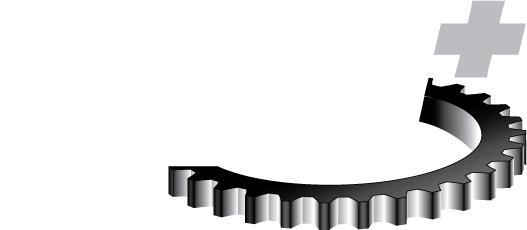
Homogeneous Charge Compression Ignition Technology
Homogeneous Charge Compression Ignition (HCCI) is a form of internal combustion in which well-mixed fuel and air are compressed to point of ignition. The argument for HCCI is to provide operating efficiency on par with diesel engines but its various challenges have prevented it from achieving wide commercial acceptance. Nevertheless, it is an engine technology worth understanding. This course covers the basic theory and operation of HCCI including its benefits and challenges, the hardware involved, and the electronic controls required.
Learning Objectives
By completing this course, you will be able to identify, recognize or articulate the:
- Limitations of current design of the modern internal combustion engines as a function of spark ignited stratified charge combustion
- Various types of Homogeneous Charge Compression Ignition (HCCI) Systems including gasoline-based and diesel-based
- Mechanism by which HCCI can improve system performance
- Contribution HCCI can make to the overall system operation in a modern internal combustion engine
- Hardware and control system used in an HCCI system
- Chemistry of an HCCI equipped engine
Who Should Attend
The intended audience for this course is powertrain engineers, component suppliers, vehicle platform powertrain development specialists, and those involved in the application, design and discussion of engines.
Prerequisites
Learners should have an undergraduate engineering degree and ideally a fundamental understanding of internal combustion engines, hydrocarbon based ignition and combustion theory and the mechanism of spark ignited and compression ignition engines.
Topics
- Definition of basic problems associated with fixed displacement engines
- Theoretical benefits, practical results overview and historical perspective of HCCI technologies
- Review of the hardware that facilitates HCCI operation in an engine
- Introduction to gasoline-based and diesel-based HCCI model
- Chemistry and kinetics of HCCI
- Control of HCCI combustion and the system requirements to implement
